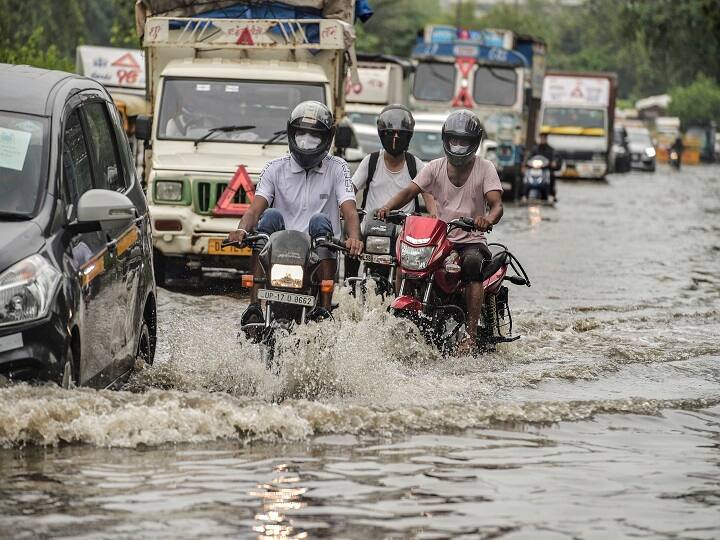Weather Update: IMD Issues Orange Alert For Delhi, Advices Not To Travel To Mountains For Next 2 Days
Meteorological department scientist RK Jennamani said that Northwestern India, including Rajasthan, Delhi, Punjab and Haryana have received a good amount of rainfall as compared to last year.

New Delhi: The weather remained pleasant due to incessant rains in the national capital and its adjoining areas on Wednesday, while landslides have been reported in hilly areas including Himachal Pradesh.
ABP News spoke to Meteorological Department scientist RK Jennamani who said that monsoons vary from area to area. A high amount of rainfall was earlier reported in Maharashtra and now the areas adjoining Delhi, Punjab, Haryana and Uttarakhand are facing similar downpours which may even extend to Madhya Pradesh, Chhattisgarh and Odisha.
ALSO READ | Himachal Pradesh: 9 Dead, 7 Missing After Flash Floods Trigger Havoc; Roads Blocked
Jennamani even pointed out that a higher amount of monsoon clouds have been observed near Delhi, Punjab and Uttarakhand. Areas like Solan in Himachal have received 100 to 116 cm of rainfall. Hilly areas have seen a high amount of rainfall this year and several landslides have been reported as a result of this.
Meanwhile, the Indian Meteorological Department has issued an orange alert in Delhi for today as more rainclouds were seen in South-West Delhi (i.e. Palam) yesterday, but it was observed that these rainclouds have since scattered to other regions.
Jennamani said that Northwestern India, including Delhi, Punjab and Haryana have received good amount of rainfall this year, as compared to last year. He said that more good weather days are expected ahead.
A:SO READ | Kishtwar Cloudburst: 7 Dead While Over 30 Missing; PM Modi Assures Govt 'Monitoring Situation'
Monsoon in India starts from the south and then comes till the north and it takes some time. Monsoon had arrived in Mumbai on June 8 and in Rajasthan by June 13. Jennamani has warned people against travelling to hilly areas in the next two days due to an increased possibility of incidents of landslide triggered by heavy rainfall.






































